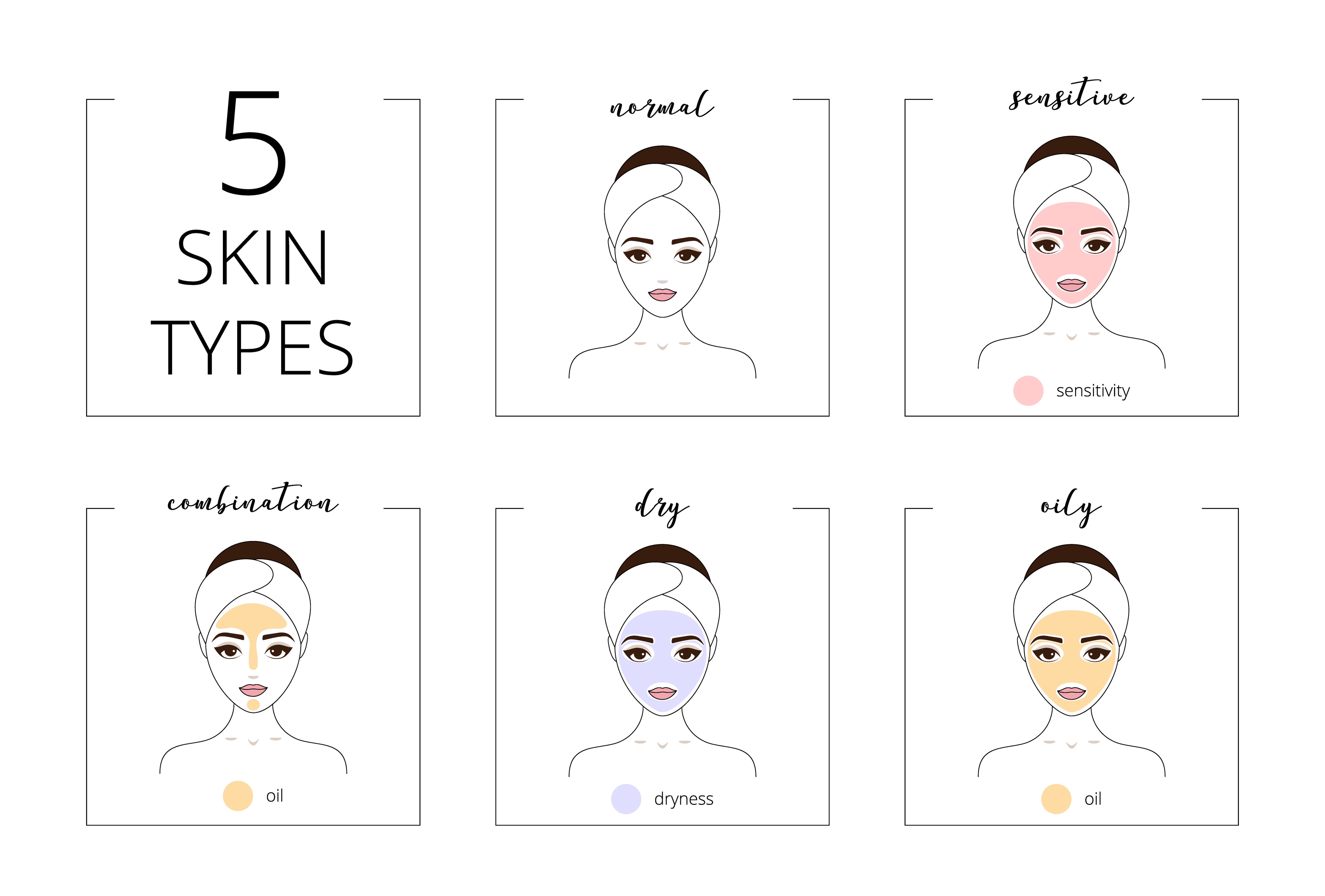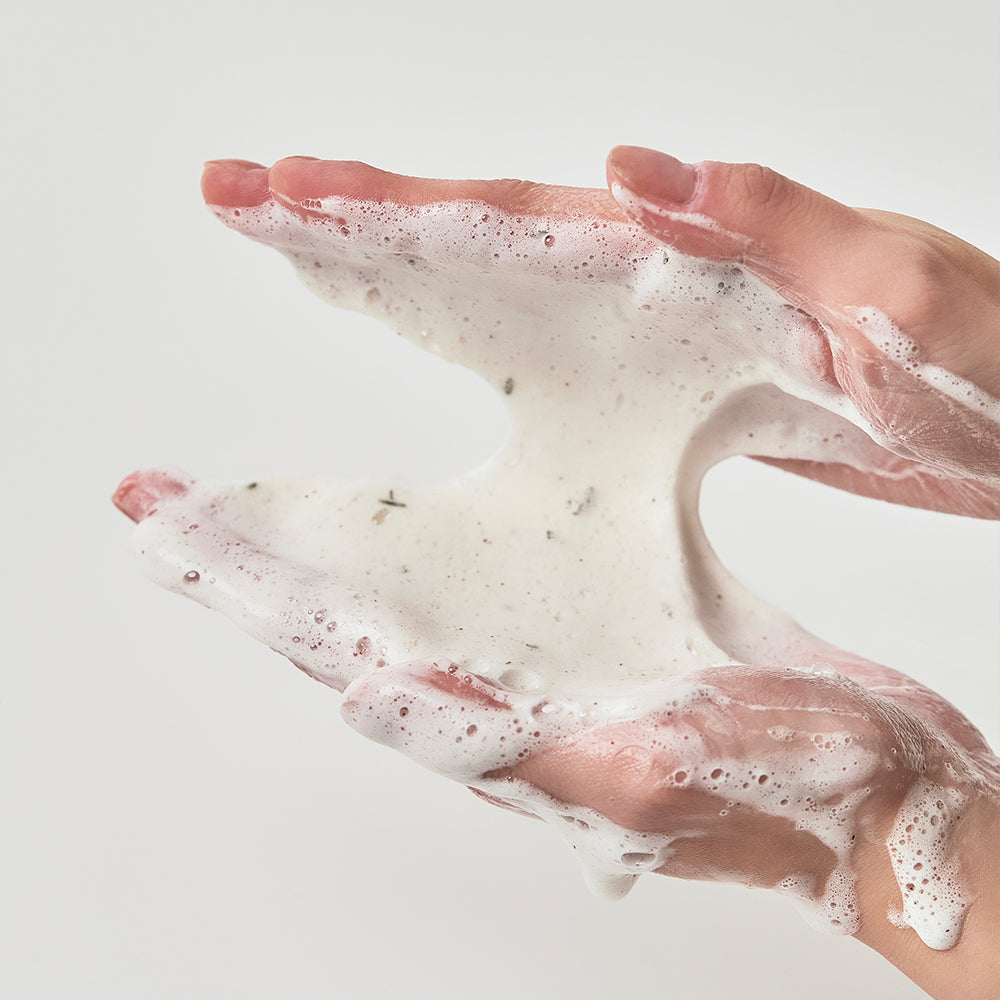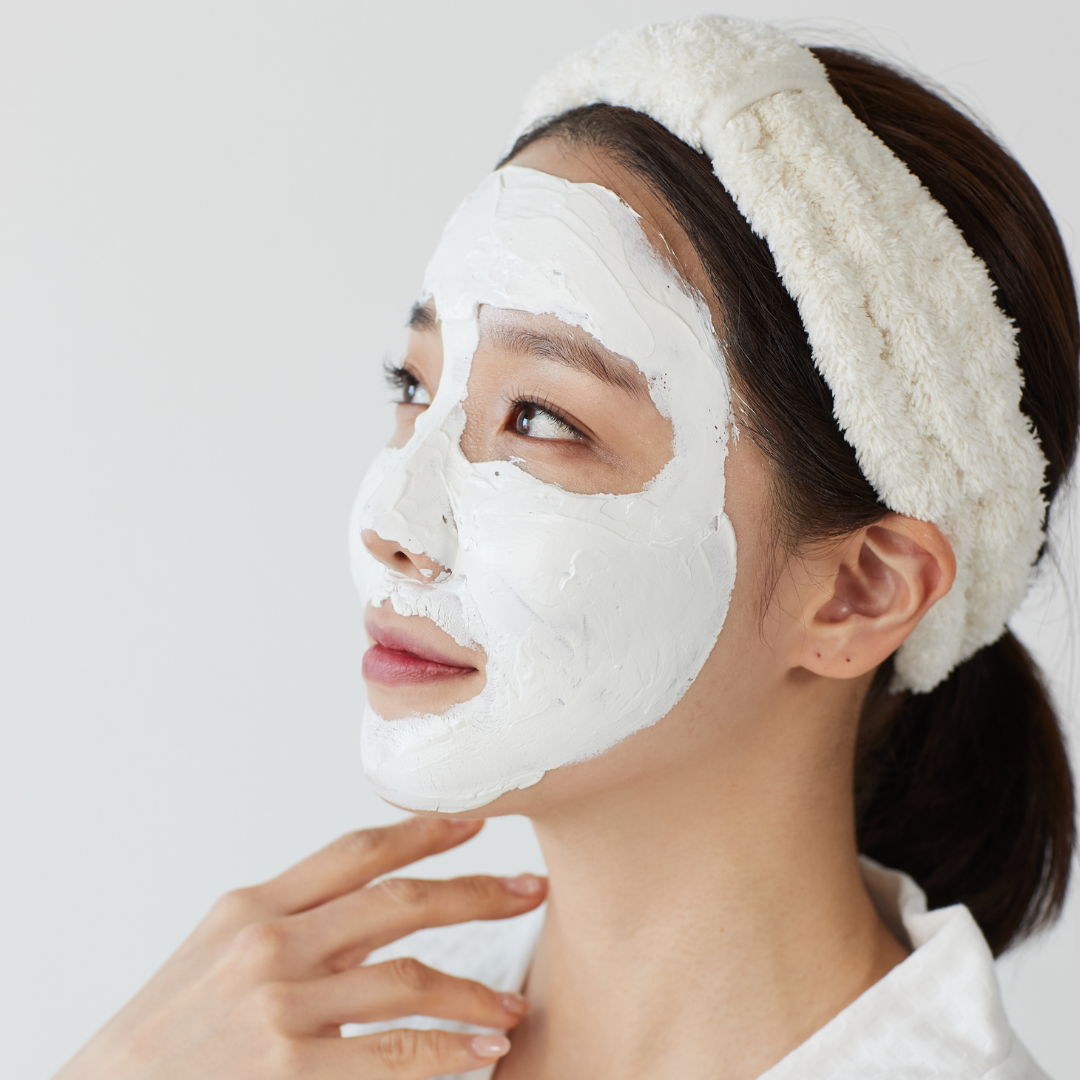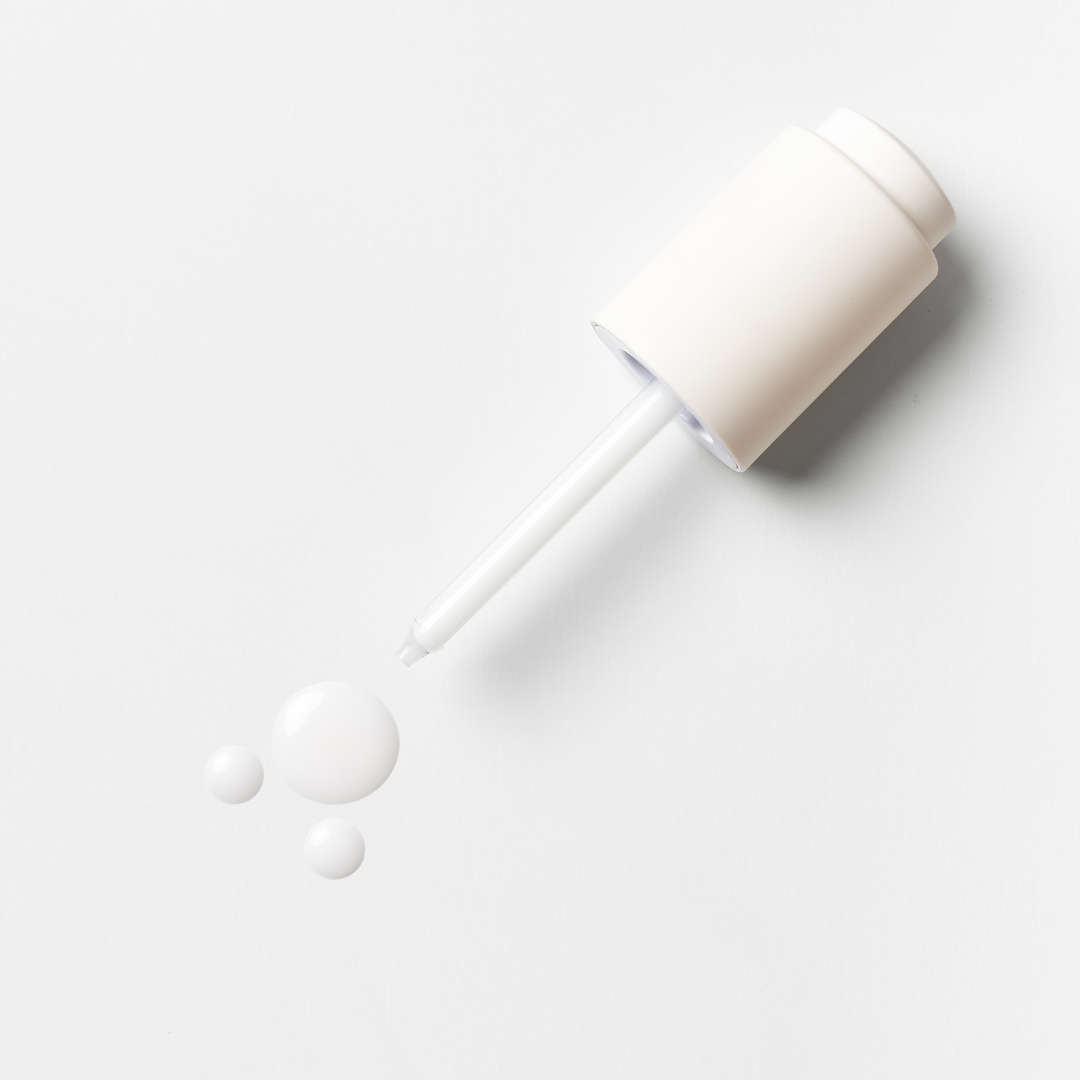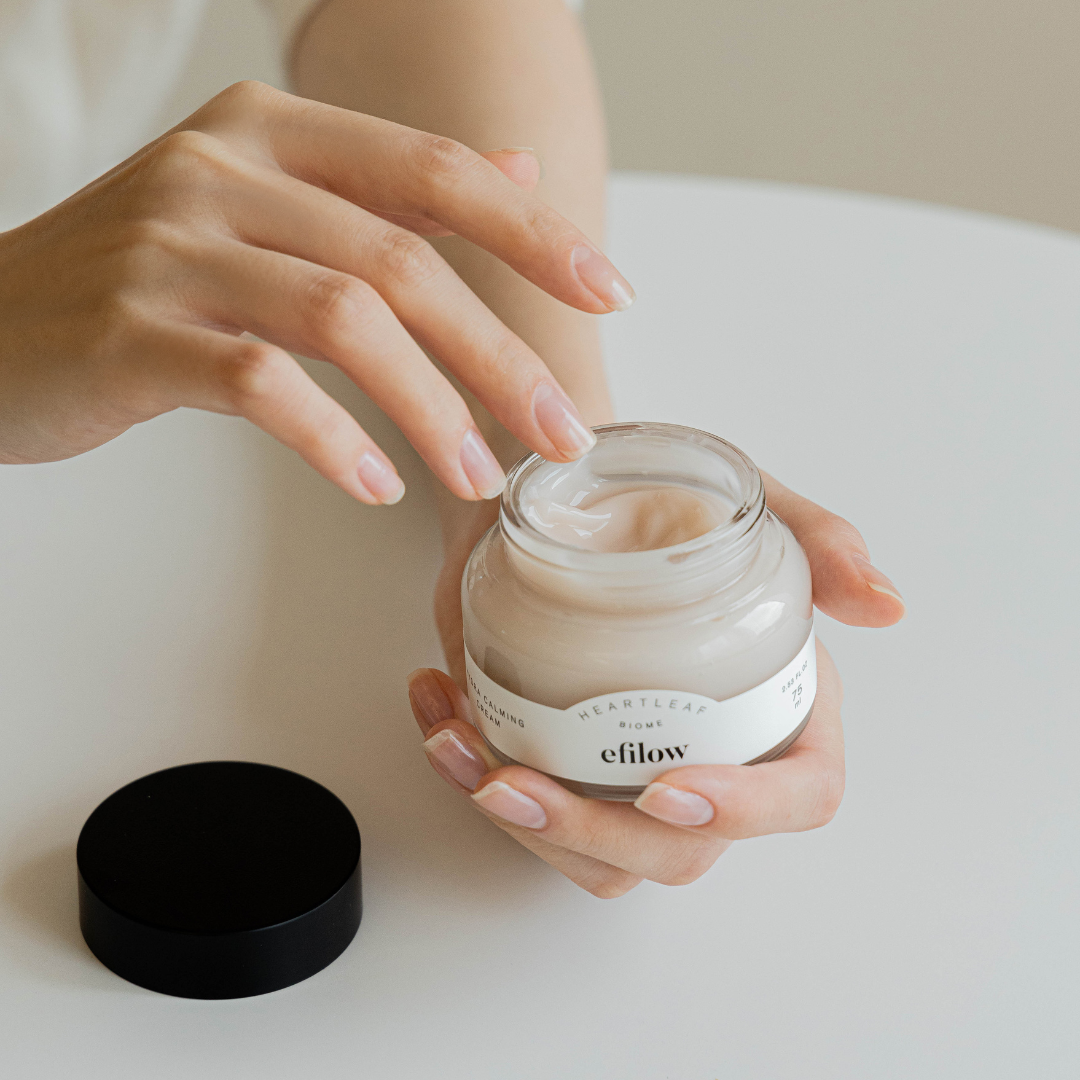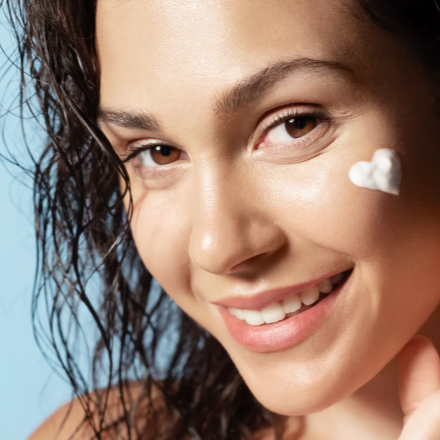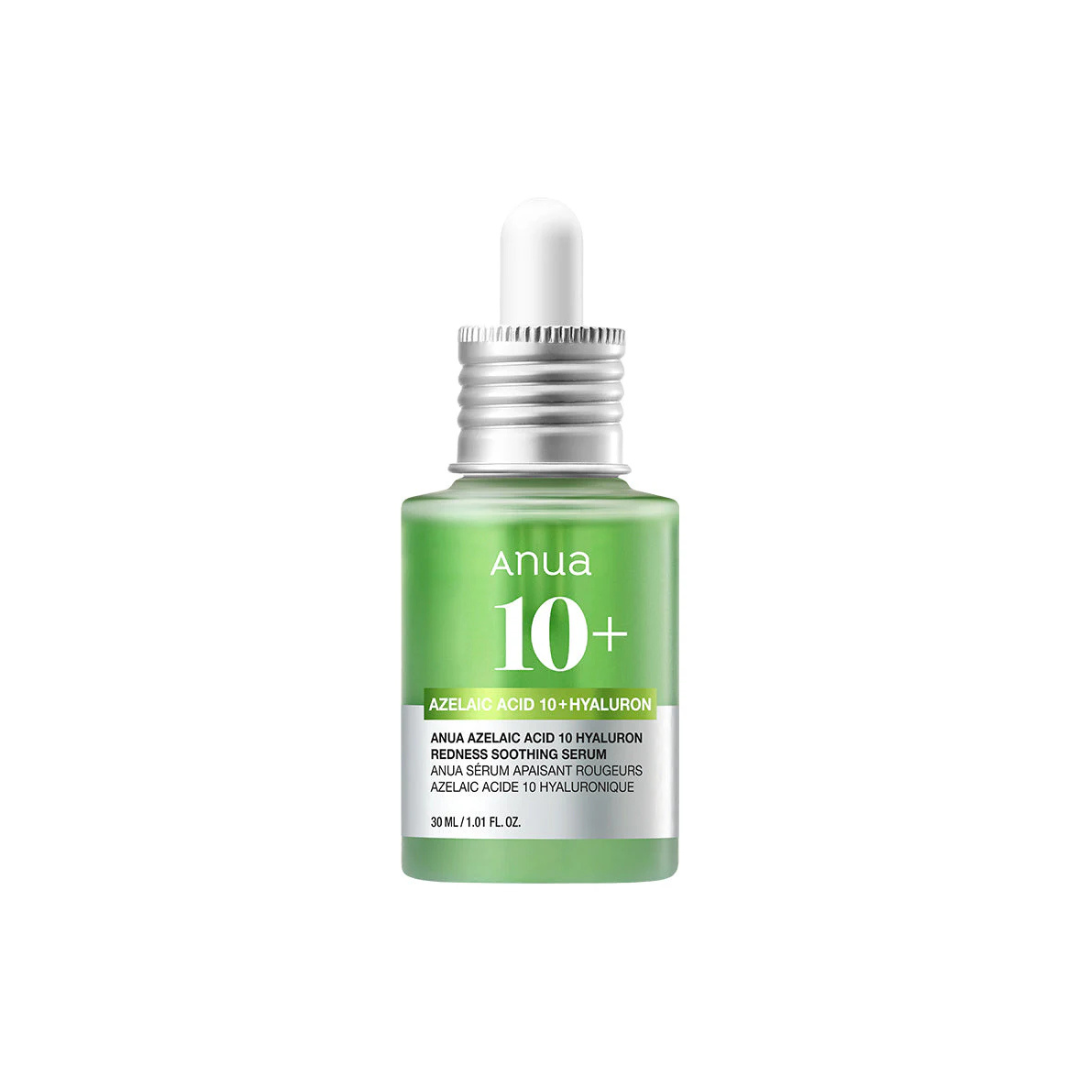A healthy, glowing complexion is something we all strive for. But to get the most out of your skincare routine, it's important to understand skin type. There are five main types of skin: normal, dry, oily, combination and sensitive skin. Each skin type has its own unique characteristics and needs specific skin care to reach its full potential.
Normal skin
Is balanced and has a healthy texture and colour. It's not too greasy or too dry and produces enough natural oils to keep skin hydrated. People with normal skin usually don't have problems like acne or rosacea. A mild cleansing and moisturizing regimen is sufficient to keep the skin in good condition.
Dry skin
Is prone to flaking, roughness and itching. It can also be sensitive and prone to redness and inflammation. Dry skin does not produce enough natural oils to keep the skin hydrated, leading to dehydration. Those with dry skin should use a moisturizing skin care regimen rich in oils and moisturizers.
oily skin
Produces too much oil and tends to look shiny and greasy. It is prone to acne and blackheads and can also lead to enlarged pores. Those with oily skin should use a skin care regimen aimed at controlling oil production and unclogging pores.
combination skin
A combination of oily and dry areas. Typically, the T-zone (forehead, nose, and chin) is oily, while cheeks can be dry. Combination skin can be prone to acne and blackheads and requires specific skincare that balances the oily and dry areas. A cleanse aimed at controlling oil and moisturizing is a good place to start.
Sensitive skin
May overreact to a variety of stimuli, including fragrances, alcohol, dyes, and preservatives. It can cause redness, itching, burning and inflammation and requires special skin care that contains mild, non-irritating ingredients. People with sensitive skin should use a skin care regimen aimed at soothing and protecting the skin.
To get the most out of your skincare routine, it's important to understand skin type. A skincare routine tailored to your skin type can help keep your skin in good condition and looking radiant and healthy. A good starting point is a mild cleanser and moisturizer tailored to the needs of your skin type. If you want to create a custom skincare routine, it's best to consult a skincare professional. A dermatologist or skincare specialist can help you choose the right products and treatments for your skin type.
In addition to skin care, there are other factors that can affect the health of your skin. Eating a balanced diet high in fruits and vegetables, getting enough sleep, and regular physical activity can help keep your skin healthy. Protecting against UV rays by using sunscreen and avoiding excessive sun exposure can also help slow skin aging and reduce the risk of skin cancer.
Overall, it's important to understand the needs of your skin type and develop a skincare routine tailored to your unique needs. By following your skincare routine regularly and also focusing on other factors like diet and sun protection, you can help keep your skin looking healthy, glowing, and youthful. Nevertheless: Let's age with grace!


